Four Questions: Bruce Watson
Bruce Watson, Managing Editor at JPMorgan Chase, spent years working as a reporter for top-tier publications before finding a happy career in branded content. In this two-part interview series, we learn tips on removing jargon from our writing, the virtues in becoming clearer, and why branded content (writing and coverage that companies and nonprofits sponsor) helps reporters tell more compelling (and in-depth) stories.
Last week, you provided us some excellent tips on how (and why) to remove jargon from our writing. What’s at stake if we don’t become clear?
I think of the rhetorical triangle. We often think we’ve control of our words, that we determine their meaning. If you’re writing for yourself, then that’s true—you’re in control, and you don’t have to worry about your audience misunderstanding you.
On the other hand, once others share your work, you must think what your reader brings to the table. If your reader won’t understand a word, or—worse yet—if something you write distracts or upsets them, then reconsider what you say and how you say it. Look at it this way: if someone’s focusing on the way you inadvertently insulted them, they’re probably not hearing anything else you’re saying.
If we don’t address our readers’ needs and tendencies, then we risk not conveying our actual message. We might waste our time, our readers’ time, or—worst of all—not connect. And that’s the point: we’re here to connect.
What’s the best piece of writing/editing advice you’ve received?
When reporting on domestic violence experienced by men, a common, yet almost-unknown problem, I felt incredibly proud to discuss an under-reported national issue. However, my editor cautioned me that I might become a poster boy for something I didn’t feel comfortable with—namely, men fighting against feminism and women’s rights. From the reader feedback that came in, I soon realized she was right. I pulled back from reporting on those topics because I could see how others might use my work to support a perspective I disagreed with.
Another breakthrough came from doing branded content for the Guardian. I’d recently discovered writing traditional news stories paid me little. My editor told me that, with branded content, I could do fun stories that paid well—and that remained meaningful. He was right. Realizing that I could receive a reputable wage and deliver compelling stories felt huge. What’s more, by paying reporters a proper wage, branded content gave the reporter the space (and time) required to dig, polish, and tell a convincing, compelling story. That, sadly, has become too rare in traditional editorial writing.
For me, the ultimate lesson was this: companies have great stories. They also have the funding to hire real writers to tell them. If we can blend those three things—great stories, great writers, and funding—we have the potential to do great work.
For more writing and communication tips, visit my weekly blog here and my podcast here.
